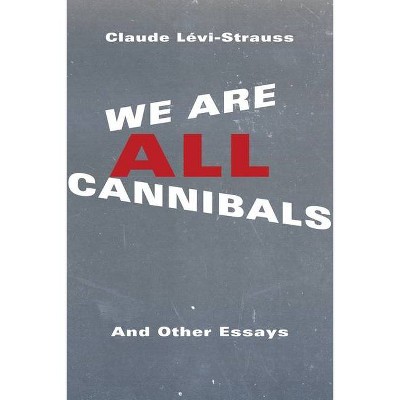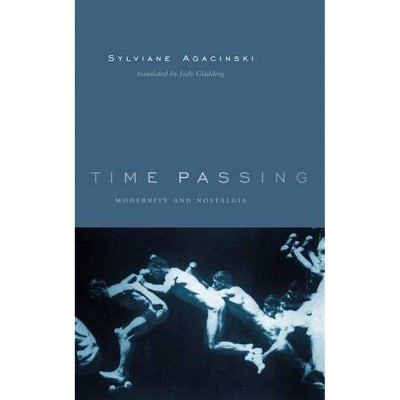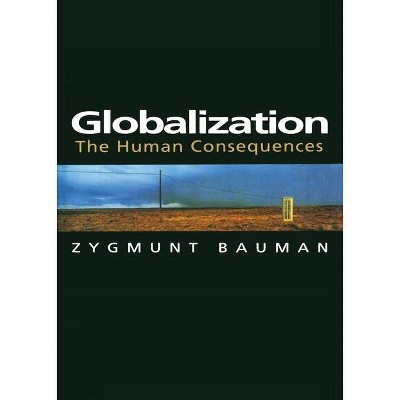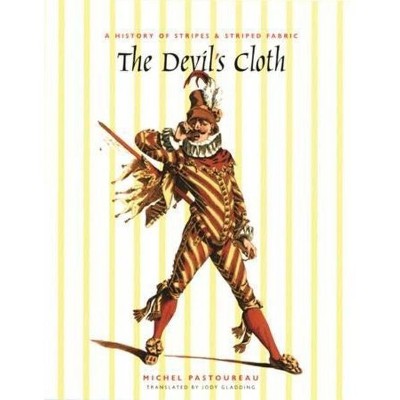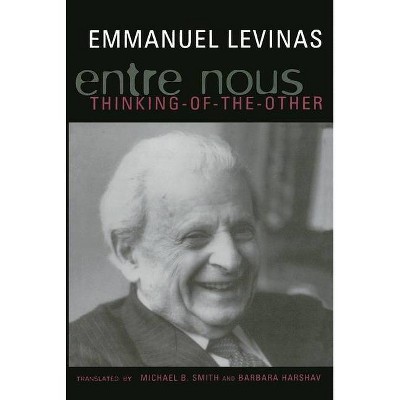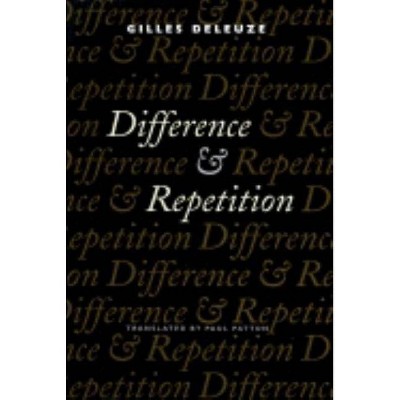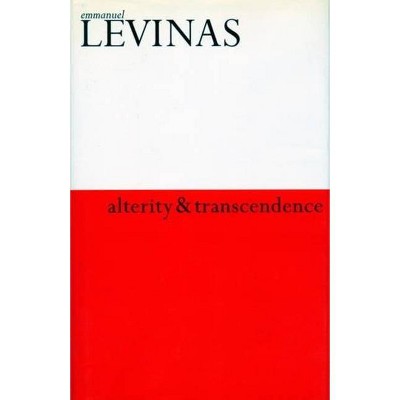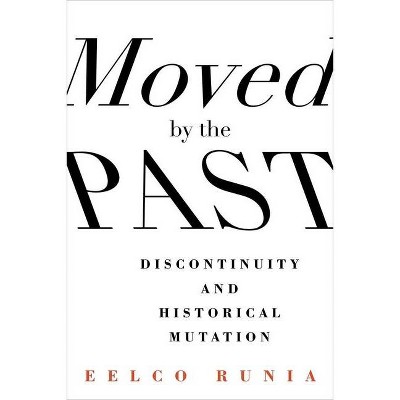We Are All Cannibals - (European Perspectives: A Social Thought and Cultural Criticism) by Claude Lévi-Strauss (Hardcover)
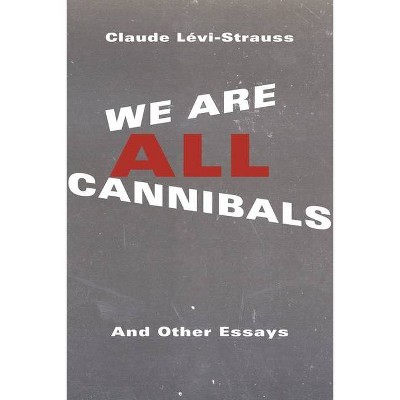
Similar Products
Products of same category from the store
AllProduct info
<p/><br></br><p><b> About the Book </b></p></br></br>The foremost anthropologist of the twentieth century uses compelling examples from history and contemporary life to challenge the criteria by which we judge others. Claude Lévi-Strauss measures the short distance between "complex" and "primitive" societies and finds a shared madness in the ways we enact myth, ritual, and custom.<p/><br></br><p><b> Book Synopsis </b></p></br></br>On Christmas Eve 1951, Santa Claus was hanged and then publicly burned outside of the Cathedral of Dijon in France. That same decade, ethnologists began to study the indigenous cultures of central New Guinea, and found men and women affectionately consuming the flesh of the ones they loved. "Everyone calls what is not their own custom barbarism," said Montaigne. In these essays, Claude Lévi-Strauss shows us behavior that is bizarre, shocking, and even revolting to outsiders but consistent with a people's culture and context. <p/>These essays relate meat eating to cannibalism, female circumcision to medically assisted reproduction, and mythic thought to scientific thought. They explore practices of incest and patriarchy, nature worship versus man-made material obsessions, the perceived threat of art in various cultures, and the innovations and limitations of secular thought. Lévi-Strauss measures the short distance between "complex" and "primitive" societies and finds a shared madness in the ways we enact myth, ritual, and custom. Yet he also locates a pure and persistent ethics that connects the center of Western civilization to far-flung societies and forces a reckoning with outmoded ideas of morality and reason.<p/><br></br><p><b> Review Quotes </b></p></br></br><br>Essential.--CHOICE<br><br>Though representing a tradition that is now considered old-fashioned, Lévi-Strauss was quite the revolutionary in his day. These varied, smart pieces show why.--Kirkus Reviews<br><br>Claude Lévi-Strauss invites us to think through the persistence of primitive thought in the rapid growth of rituals and forms of worship. By giving accounts of structure and history, he celebrates the architecture of mind, empowering facts not only for the pleasure of thinking but also for the diagnosis of unseen social transformations. The globalized celebration of Santa Claus--that commercialization of the sacred--has its origins in the Latin Saturnalia and Native American kachinas; the political philosophy of the French Revolution owes its foundations to the cannibals of New Guinea; and the mythic thinking of societies without writing rivals the most audacious fables of modern astrophysics. Lévi-Strauss was the austere author of <i>The Elementary Structures of Kinship</i>, but did he also become, with age, a novelist of ideas, like those French philosophes of the Enlightenment? I am not sure he would have appreciated this suggestion, but I can give him no higher praise: <i>We Are All Cannibals</i> reads like a novel.--Julia Kristeva<br><p/><br></br><p><b> About the Author </b></p></br></br>Claude Lévi-Strauss was born in Brussels in 1908. He held the chair of social anthropology at the Collège de France from 1959 to 1982 and was elected a member of the Académie Française in 1973. He died in Paris on October 30, 2009. <p/>Maurice Olender is maître de conférences at the École des hautes études en sciences sociales, Paris. <p/>Jane Marie Todd has translated more than seventy books, including Catherine Clément and Julia Kristeva's <i>The Feminine and the Sacred</i>.
Price History
Price Archive shows prices from various stores, lets you see history and find the cheapest. There is no actual sale on the website. For all support, inquiry and suggestion messagescommunication@pricearchive.us
